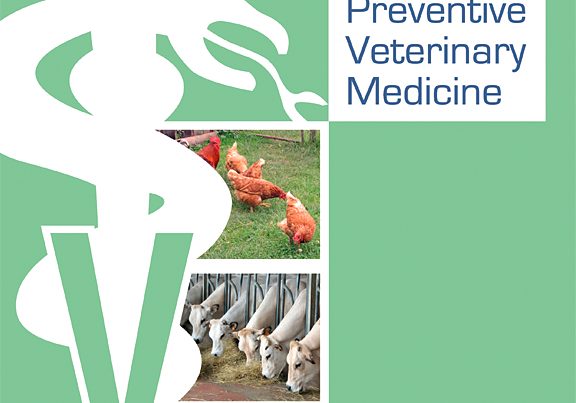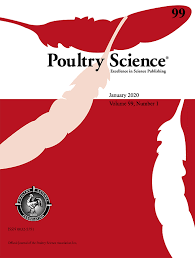Type de document : article scientifique publié dans Scientific Reports
Auteurs : A.S Villain, A. Hazard, M. Danglot, C. Guérin, A. Boissy, C. Tallet
Résumé en français (traduction) : Les émotions naissent non seulement en réaction à un événement mais aussi en l’anticipant, ce qui fait de ce contexte un moyen d’accéder à la valeur émotionnelle des événements. Jusqu’à présent, les études d’anticipation se sont rarement penchées sur la question de savoir si les vocalisations véhiculent des informations sur les états émotionnels. Nous avons étudié à la fois les grognements des porcelets et leur comportement spatial car ils anticipent deux événements (pseudo)sociaux connus pour provoquer des émotions positives d’intensité différente : l’arrivée de congénères familiers et l’arrivée d’un humain familier. Les porcelets anticipaient spatialement les deux contextes pseudo-sociaux, et les caractéristiques spectro temporelles des grognements différaient selon le contexte émotionnel. Les porcelets produisaient des grognements de basse fréquence à un rythme plus élevé lorsqu’ils anticipaient des congénères que lorsqu’ils anticipaient un humain. Le bruit spectral augmentait lorsque les porcelets attendaient des congénères, alors que la durée et la gamme de fréquences augmentaient lorsqu’ils attendaient un humain. Lorsque l’arrivée des congénères était retardée, la durée du grognement augmentait, tandis que lorsque l’arrivée de l’homme était retardée, les paramètres spectraux étaient comparables à ceux de l’isolement. Cela montre que les expressions vocales des porcelets pendant l’anticipation sont spécifiques à la récompense attendue. Les expressions vocales – à la fois leurs caractéristiques temporelles et spectrales – sont donc un bon moyen d’explorer l’état émotionnel des porcelets pendant l’anticipation d’événements stimulants.
Résumé en anglais (original) : Emotions not only arise in reaction to an event but also while anticipating it, making this context a means of accessing the emotional value of events. Before now, anticipatory studies have rarely considered whether vocalisations carry information about emotional states. We studied both the grunts of piglets and their spatial behaviour as they anticipated two (pseudo)social events known to elicit positive emotions of different intensity: arrival of familiar conspecifics and arrival of a familiar human. Piglets spatially anticipated both pseudo-social contexts, and the spectro temporal features of grunts differed according to the emotional context. Piglets produced low-frequency grunts at a higher rate when anticipating conspecifics compared to anticipating a human. Spectral noise increased when piglets expected conspecifics, whereas the duration and frequency range increased when expecting a human. When the arrival of conspecifics was delayed, the grunt duration increased, whereas when the arrival of the human was delayed, the spectral parameters were comparable to those during isolation. This shows that vocal expressions in piglets during anticipation are specific to the expected reward. Vocal expressions—both their temporal and spectral features- are thus a good way to explore the emotional state of piglets during the anticipation of challenging events.
Article ayant fait l’objet d’une actualité sur le site d’INRAE : Bien-être animal : humains, objets ou leurs congénères, les porcelets nous disent ce qu’ils préfèrent



